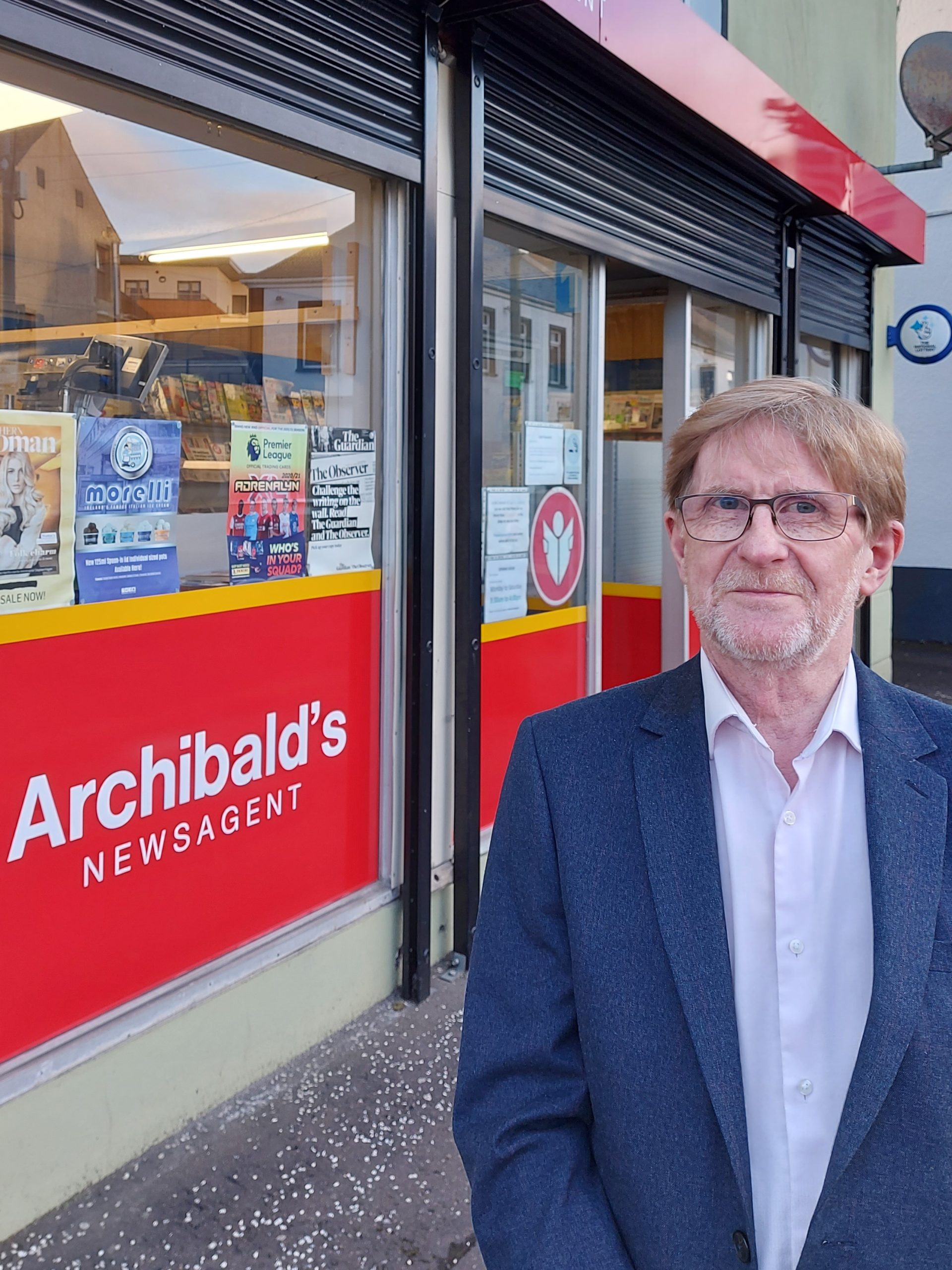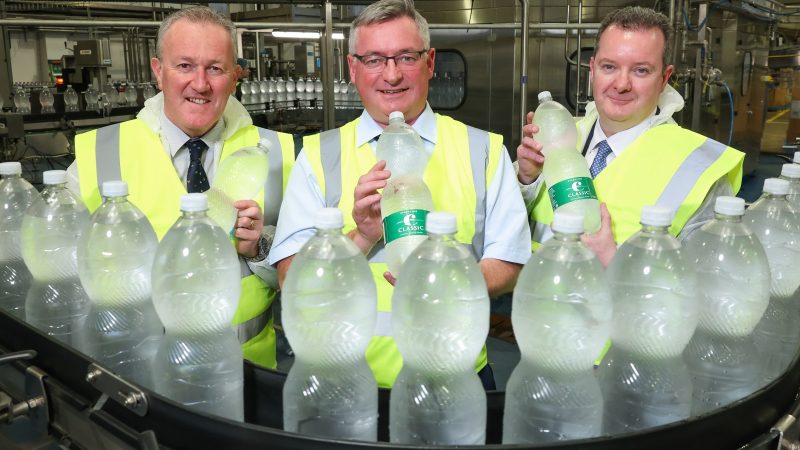Northern Ireland retailers welcome business rates announcement

Independent retailers in Northern Ireland have cautiously welcomed the announcement that non-domestic rates are to be frozen for the next financial year and that businesses will still receive a three-month rates holiday.
Addressing MLAs at the Assembly, finance minister Conor Murphy said: “I do intend to proceed to freeze both domestic and non-domestic regional rates next year, which will help with the rising costs faced by families and businesses. Unfortunately, I cannot extend this to the three years as previously intended.
“I will also progress with the £50 million rate relief package to support a rates holiday for businesses. This will provide a three-months rates holiday for retail, tourism, hospitality, leisure, childcare, newspapers and airports which are the sectors hardest hit by the pandemic.”
The NFRN’s Northern Ireland president, Coleraine store owner Joe Archibald, said: “The holiday and freeze on rates is much needed because there is still a lot of recovery to be done following the pandemic.
“There really needs to be a full review of business rates because they are scandalous in some cases, but any help we can get at the moment is to be welcomed.”
Mr Murphy said over £300 million in additional funds earmarked for the next financial year cannot be spent due to the resignation of DUP first minister Paul Givan.
The Finance Minister sought legal advice from the attorney general on whether he could bring the draft budget for 2022 to 2025 to the Assembly despite ministers having not signed off on it.
It proposed a 10 percent increase in health spending, with £21 billion earmarked for services over the next three years.
“Unfortunately, the legal advice is clear that the budget must be agreed by the Executive,” Mr Murphy told MLAs.
“This means that on April 1 the health service will not be able to plan on a three-year basis, nor will it be equipped with additional resources to invest in waiting lists, cancer services and mental health.
“In these circumstances, rather than improving, the health service will decline.”







